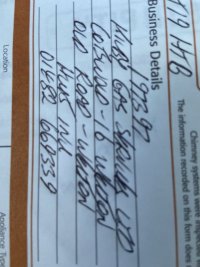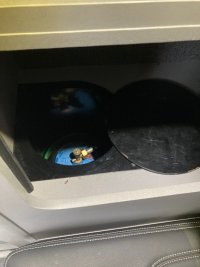Hello everyone, I am part way through converting a LWB Panel Van to Camper. I am trying to get my head around storing the gas bottle. I have read the various threads on the subject on this forum but they don't nail down my problem.
I read in various places that I need a metal gas locker with a drop vent to store the gas bottle in my van, but as if to contradict this info I also see vids on U Tube and pics on this forum where gas bottles are stored in plywood cabinets as part of the furniture. To add to my confusion I have a neighbour with a Peugeot motor home who keeps visiting me while I am working on my van. According to him I need to install a 'metal gas bottle locker' because in the event of an insurance claim, if I don't have one, my claim will be rejected. He also recons I need a gas safe certificate. I am totally confused on this issue, I am not trying to dodge doing the work or buying a metal gas locker, but is there anyone on here that can straighten me out on this issue so that I go in the right direction with my conversion. I know the first thing would be to keep the neighbour away from my van which will be difficult as I am working on the van on my front drive way.
Thank you in anticipation of any advice you can give me.
Creamytash - Nottingham.
I read in various places that I need a metal gas locker with a drop vent to store the gas bottle in my van, but as if to contradict this info I also see vids on U Tube and pics on this forum where gas bottles are stored in plywood cabinets as part of the furniture. To add to my confusion I have a neighbour with a Peugeot motor home who keeps visiting me while I am working on my van. According to him I need to install a 'metal gas bottle locker' because in the event of an insurance claim, if I don't have one, my claim will be rejected. He also recons I need a gas safe certificate. I am totally confused on this issue, I am not trying to dodge doing the work or buying a metal gas locker, but is there anyone on here that can straighten me out on this issue so that I go in the right direction with my conversion. I know the first thing would be to keep the neighbour away from my van which will be difficult as I am working on the van on my front drive way.
Thank you in anticipation of any advice you can give me.
Creamytash - Nottingham.


